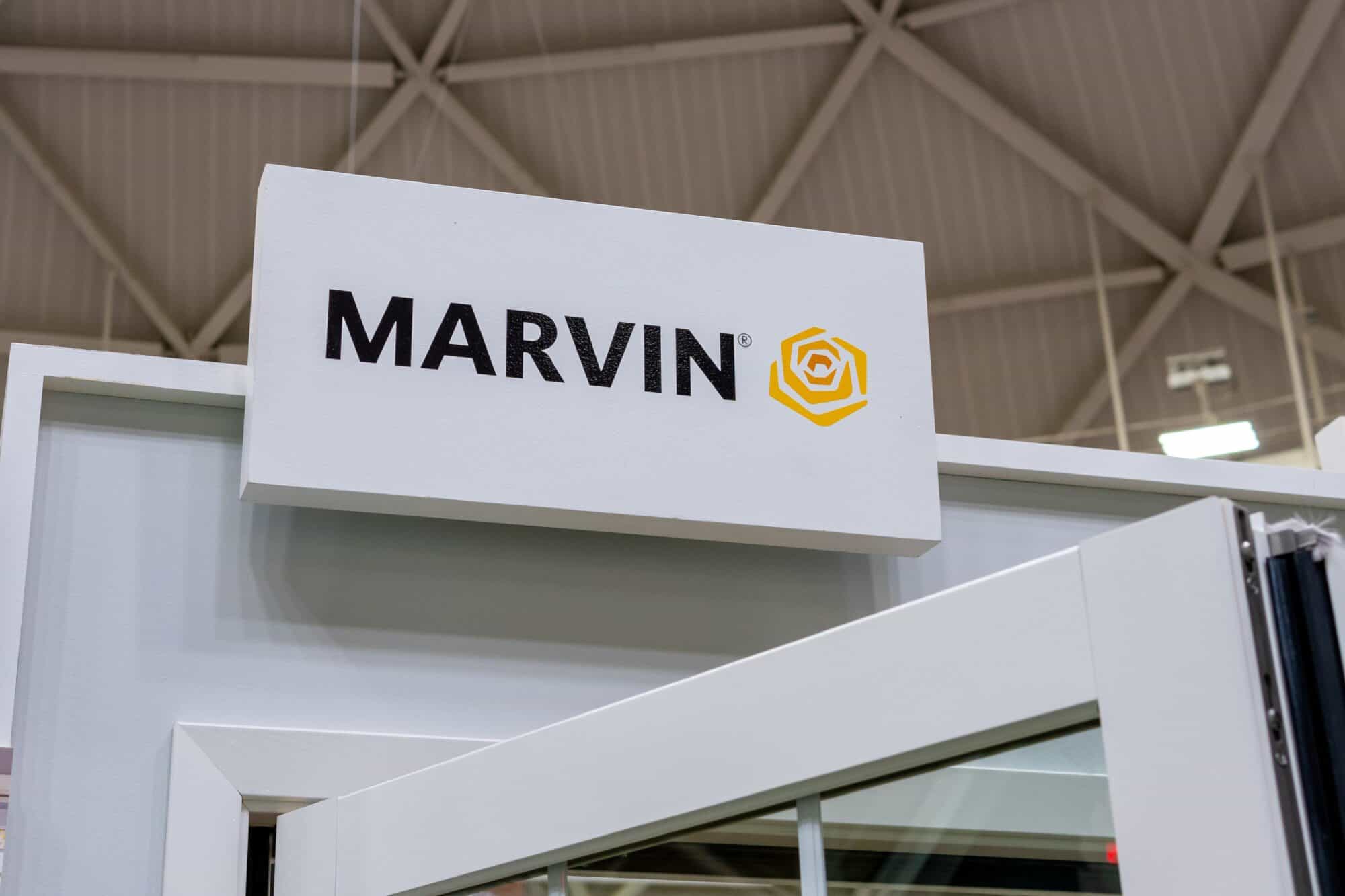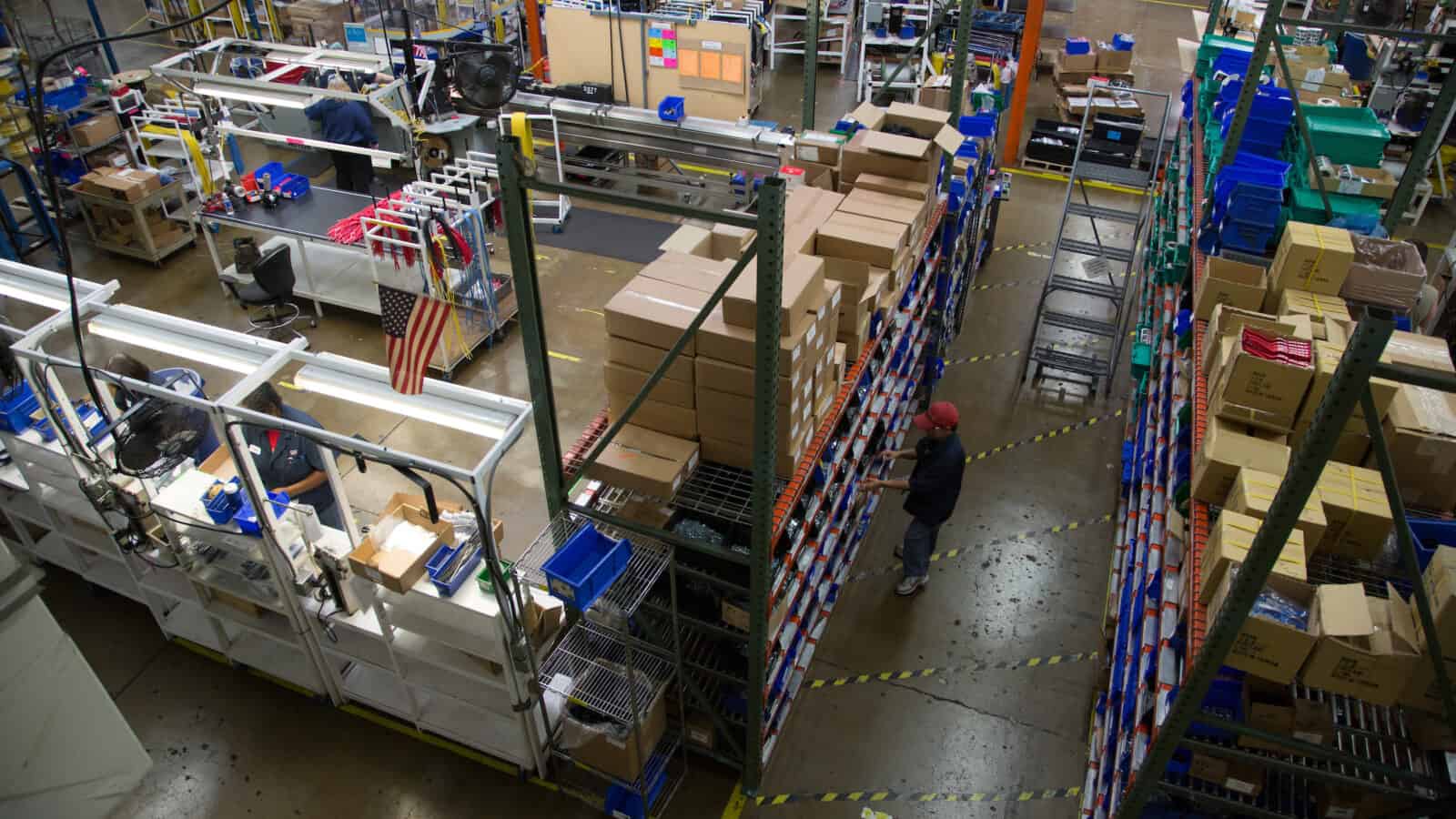In Search for Workers, One Manufacturer Pulls Out the Stops

Marvin, a window and door manufacturer based in Warroad, Minnesota, is looking thousands of miles south to fill job openings (The Wall Street Journal, subscription).
What’s going on: Marvin employs about 700 people at its Warroad location. With older-generation workers retiring at the rate of about one employee a week and a town population that hasn’t grown in decades, the company “came up with a recruitment plan called ‘The Path North,’ which aims to find workers in Puerto Rico and Florida willing to uproot their families and settle in a cold northern town”—but it’s proving a difficult sell, even with generous relocation bonuses and temporary housing.
- Unemployment in Puerto Rico and Florida is low, so Marvin is fishing for talent in relatively sparsely populated ponds.
- Of the 115 workers who came from Puerto Rico in the past eight or nine months, just 63 remain at the company.
- Marvin has 10 other locations throughout North America.
Why it’s important: Marvin’s challenge is emblematic of “manufacturing in America today. The U.S. population is barely growing, baby boomers are exiting the workforce,” many young people are unaware of the many advantages of working in manufacturing and “[t]here is little political will for lasting immigration reform that could fill workforce gaps.”
- If current trends continue, the U.S. will have 2.1 million open manufacturing positions by 2030, according to a joint study by Deloitte and the Manufacturing Institute, the NAM’s 501(c)3 workforce development and education affiliate.
Well worth it: Still, for those who come to Marvin, the rewards are significant.
- The company helps employees find permanent housing and is even an investor in a local apartment complex.
- There is job security, too. When orders slowed at one of its factories a few years ago, the company offered cash bonuses to employees willing to relocate to Warroad.
- Marvin has also helped Warroad schools hire Spanish-language translators to assist the children of new hires.
The final say: “Tapping into new talent pools is especially critical in rural areas, whether it’s done via relocation support, engaging second chance populations or participating in initiatives such as the Manufacturing Institute’s Heroes MAKE America program, which is building connections between the military community and the manufacturing industry by bringing in new workers,” said MI President and Executive Director Carolyn Lee. “We need to engage all talent pools to fill the 500,000 jobs in manufacturing today.”
